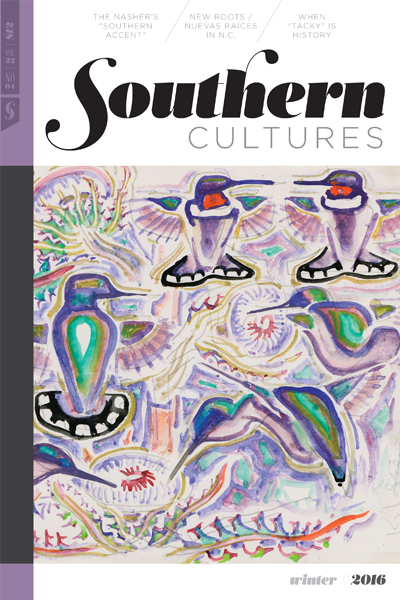“It’s true that many of the “peculiar institutions” that once made the South indisputably distinctive are gone or fading, though whether this will efface southern identity or merely change it remains unsettled.”
Beginning in the mid 1970s, millions of Americans began to reclaim their “roots,” partly inspired by Alex Haley’s gripping book and movie about his own southern and African forebears. Beyond that, the élan of the black pride movement was infectious, even among Americans who would never have admitted it, so millions tried to shake of a little late- modern sterility by hunting up half-forgotten stories of families, migrations, old countries and old neighborhoods, and struggles to thrive in unfamiliar places. I remember a professor who questioned an older ideal of assimilation by asking, “What if we didn’t want to be rendered into lard?” The family history rooms of public libraries began filling up with newly engaged researchers, poring over microfilm and local histories in search of personal identities unscathed by America’s famous melting pot.


